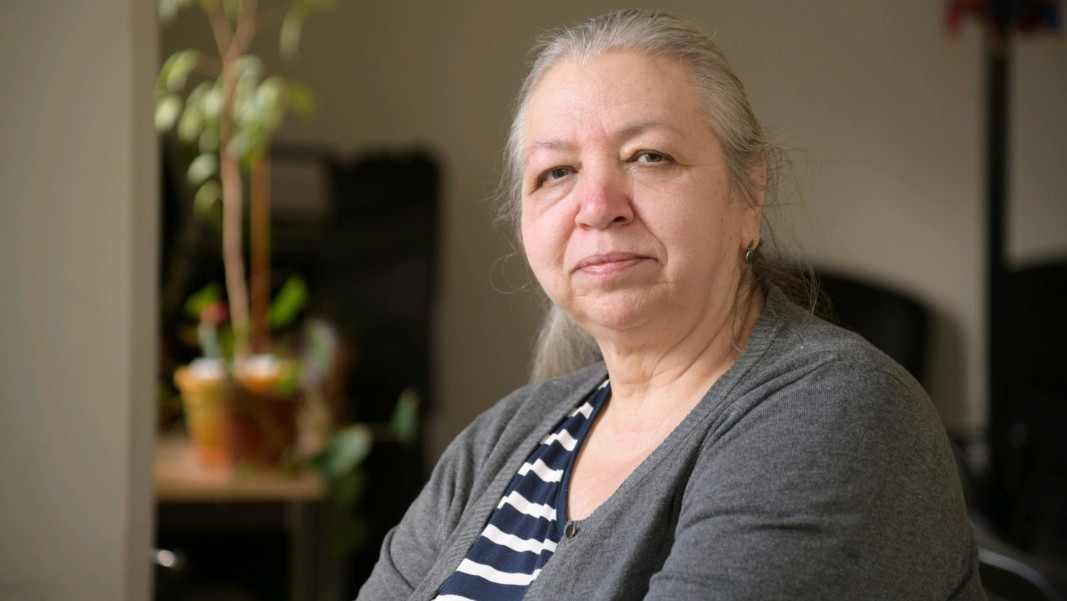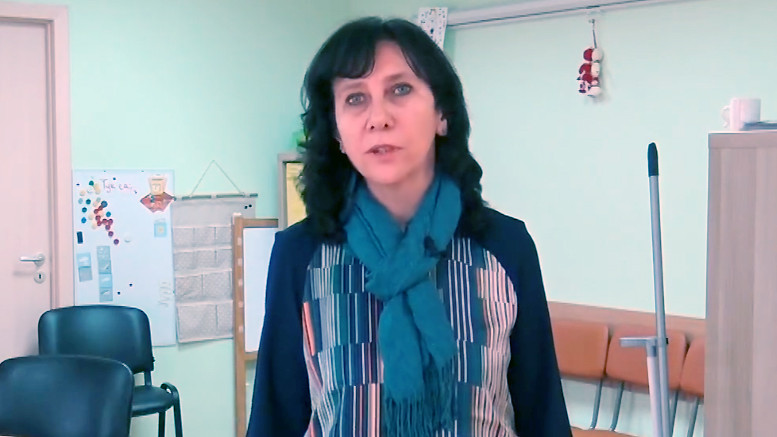


For 30 years two Bulgarian universities have been offering high-quality technical and engineering education, in French, degrees and diplomas that are recognized worldwide. That is why the lecturers are proud to say not a single one of their graduates..
Under the title "Fashion Through the Looking Glass of a Century: From the Mid-19th Century to the Mid-20th Century', the Archives State Agency is presenting an exhibition of over 120 photographs and original artefacts showing the evolution of clothing..
The number of vineyards in Bulgaria is falling dramatically, Atanas Vassilev, president of the National Association of Bulgarian Winegrowers, told BNR. " In the 1990s we were fourth in the world with 1.8 million hectares, but at the moment the..
The Ethnographic Museum in Burgas will be filled with the aroma of food. The museum's director Dr. Milen Nikolov will show culinary skills and make a..
The Archaeological Museum in Burgas hosts an exhibition entitled "The Panagyurishte Gold Treasure". The museum copy of the most famous Bulgarian..
The long-awaited major renovation and restoration of the Central Sofia Market Hall (Tsentralni Hali) have now been completed. The first visitors will be..

+359 2 9336 661
